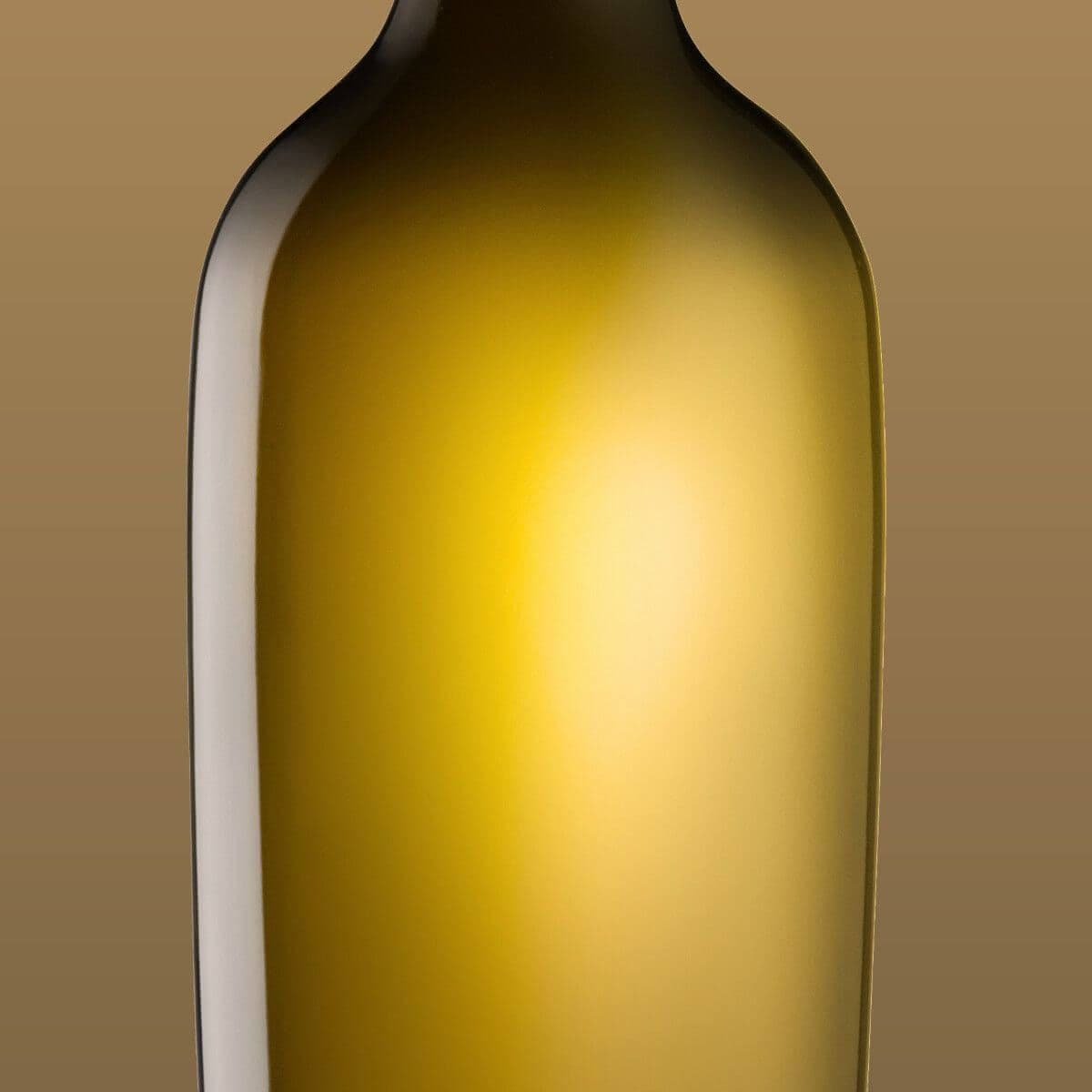
If you're not filtering your olive oil, read this.
Cloudy, golden olive oil is beautiful, but an under-reported debate in California revealed the dark side of unfiltered oils, and more producers are finding a clearer solution.

Cloudy, golden olive oil is beautiful, but an under-reported debate in California revealed the dark side of unfiltered oils, and more producers are finding a clearer solution.